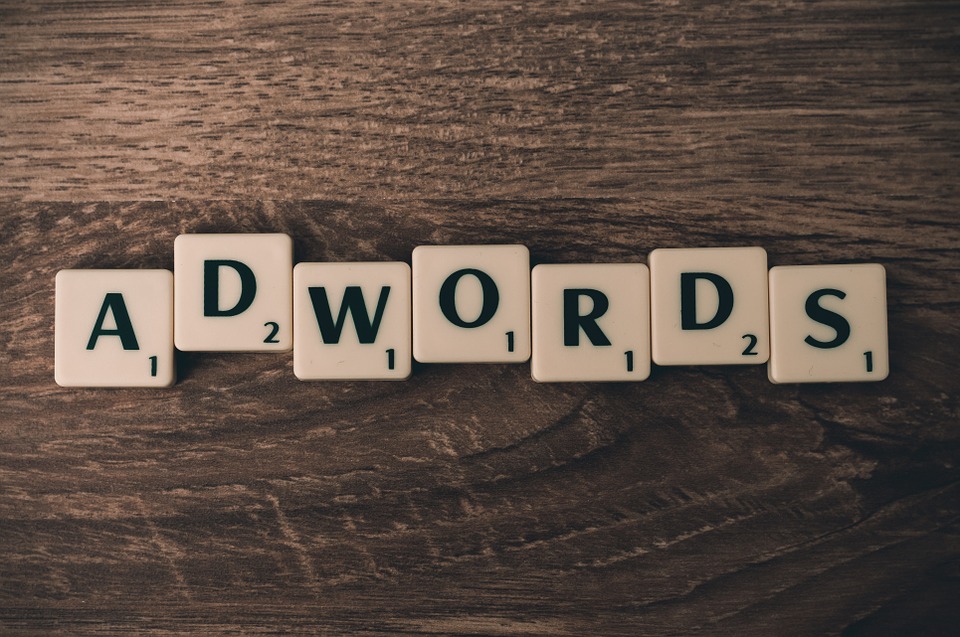Of course, creating and testing ads takes time. With that in mind, Google is introducing a feature to AdWords that they hope will help automate the process. Ad suggestions is an upcoming feature that will rearrange existing copy from your ads to create new ads and run them automatically.
But while some are touting the potential of the new feature to increase conversion rates and save time, others are decidedly less optimistic. So will ad suggestions live up to the hype?
Ad Suggestions
The basic principle behind ad suggestions is fairly simple. An algorithm (and according to Google, a human reviewer) will examine the copy of your existing ads and then create ads that are similar to the ones you’re already running. It won’t create ads from scratch and won’t significantly change the message behind them. The suggestions will use information from your account, previous ads, and optimized keywords to increase performance.
The idea is that you can rely on ad suggestions not to do anything that will damage your brand. And that’s important because ad suggestions is designed to be largely automated.
AdWords users who have set their settings to allow ad suggestions and to optimize ad rotation will automatically receive suggested ads. They will then have the opportunity to review, edit, and approve or reject the suggested ads. If they choose not to take any action, the ads will automatically be posted after 14 days.
The algorithm seems to work well so far. And it can be difficult to tell the difference between an ad suggestion and a human-created ad. So Google will apply a tag to all ad suggestions that reads, “auto applied ad suggestion.”
Ad suggestions will post no more than 50 auto-applied suggestions a week, although most accounts will probably only receive a few. The idea is to boost performance, so you’ll only see ad suggestions if Google’s algorithm determines that your results would benefit from them.
And some accounts are exempt from ad suggestion. Companies that market products that have restrictions on how they can advertise, like finance or healthcare companies, won’t receive ad suggestions.
You’ll be able to keep track of your suggested ads and their performance as you would regular ads through your AdWords account. You’ll also be able to turn them off if you choose and to manage when you receive the suggestions.
According to Google, ad suggestions may provide some nice boosts to conversion rates and performance. But how much benefit you see will likely depend on what your needs are. And some may find that they’re better off deactivating ad suggestions entirely.
Who Will Benefit From Ad Suggestions?
Ad suggestions will probably appeal most to smaller marketing agencies, who may not have the available resources to carefully test and optimize rotation of their ads. For these agencies, Google’s algorithm might help automate some of the more time-consuming aspects of ad optimization.
But many agencies will still likely prefer to retain more control over their ads, rather than turning it over to a computer. Ad suggestions can help improve conversion rates for marketers who don’t have time to run multiple ads. But it’s not necessarily a replacement for well-designed and tested copy.
If the choice is between running an ad group with 1 human-designed ad and 2 ad suggestions and a single human-designed ad, the former will probably have better conversion rates. But an ad group with 3 ads designed by experienced marketers using diligent A/B testing will probably perform better still.
The best way to develop well-performing ads remains testing and running multiple ads that are designed to engage users and promote your brand. Google’s algorithm can’t perform many of the testing procedures that a good ad campaign needs.
And as well-designed as Google’s machine learning program is, there’s always the potential for some technical hiccups. If you decide to use ad suggestions, you still need to make sure that you’re monitoring the suggestions and performing any necessary edits to ensure that the ads are a good reflection of your brand.
Ultimately, the ad suggestion feature isn’t a viable replacement for human marketers, at least not yet. But it may be a valuable tool for companies that are comfortable with automating some of the marketing process.
What do you think? Are you excited about ad suggestions? Will ad suggestions change the way you run your ad campaigns? Let us know in the comments.
Further Reading:
11 Changes & New Features Coming to AdWords – Wordstream
Google AdWords Latest Updates – Adespresso


